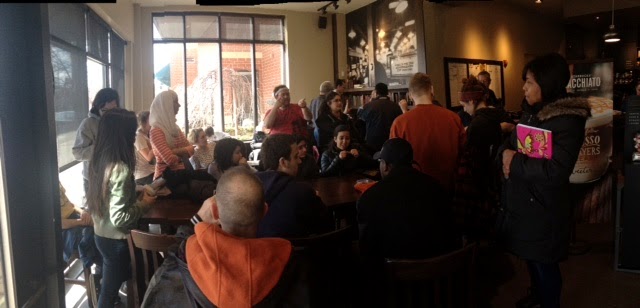How May Deaf Culture Become Mainstream Culture? from GCE on Vimeo.
We learned that as early as 1000 BC the Deaf were discriminated against due to their permanent loss of hearing and outrageous claims that deafness was a sign from God to show his anger towards humanity. In the eighteenth and early nineteenth century, there were very high limitations in educational opportunities for Deaf children in America. In the 1800’s there were about 30 deaf schools that opened across America. The Cobbs School, Alexander Graham Bell School and Gallaudet were the first schools to present curriculum based on oral learning and ASL for both educational and cultural purposes.
We watched Sound & Fury a documentary following a 5-year old girl with the desire to learn spoken language by getting a cochlear implant. Her parents were deaf and proud members of the Deaf community and feared losing their daughter to the hearing world. This showcased the struggles of being a member of both the Deaf community and the hearing world. There is much controversy surrounding cochlear implants which is believed to be a cure to deafness. This technology is controversial because it threatens the survival of the thriving Deaf language and Culture.
Today, it is easy to see the importance and prominence of Deaf culture in schools, sports, and Art. We visited the Children of Peace School in Chicago that focuses on integrating hearing and deaf education. We were surprised to see hearing, hard of hearing, and deaf students learning in the same classroom. We also attended a basketball torment for the Deaf where Deaf teams from as far as Boston competed for the title of champion. I was in awe by how highly athletic these players were and how everyone knew each other. We witnessed the same type of talent and friendship when we watched the documentary Deaf Jam, which showed a group piece performed by Aneta, a Deaf poet and Tahani a spoken word poet .
